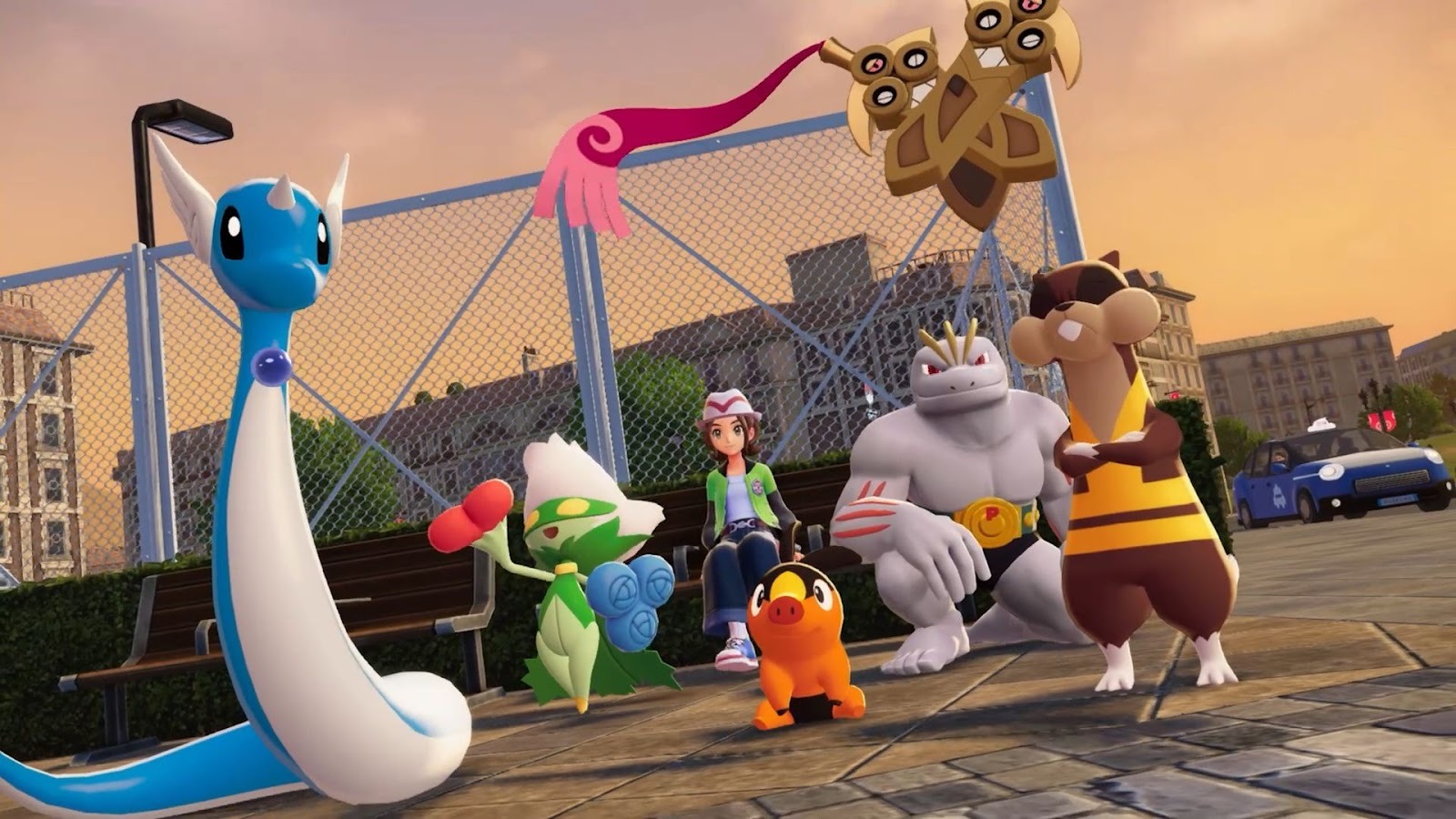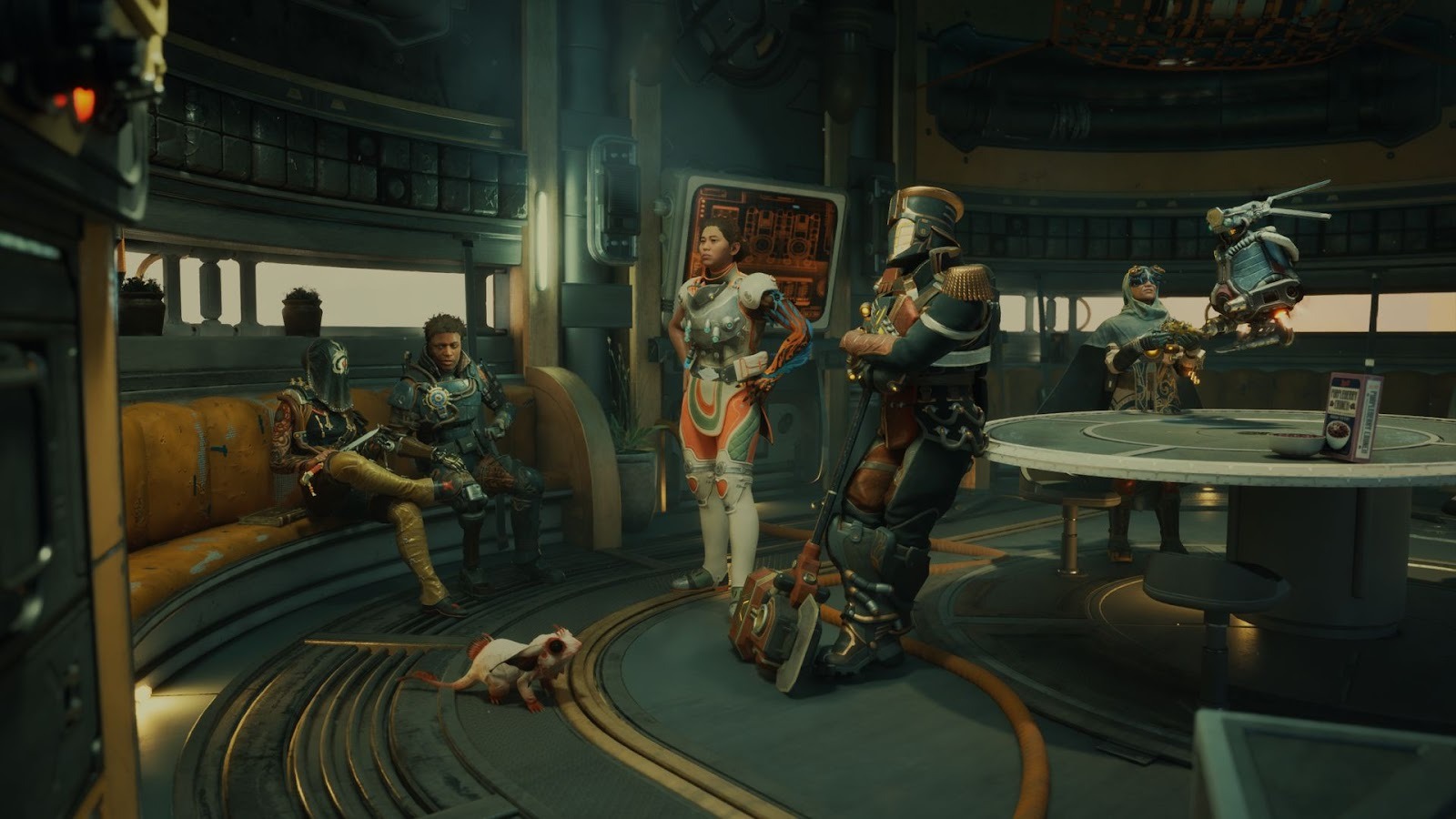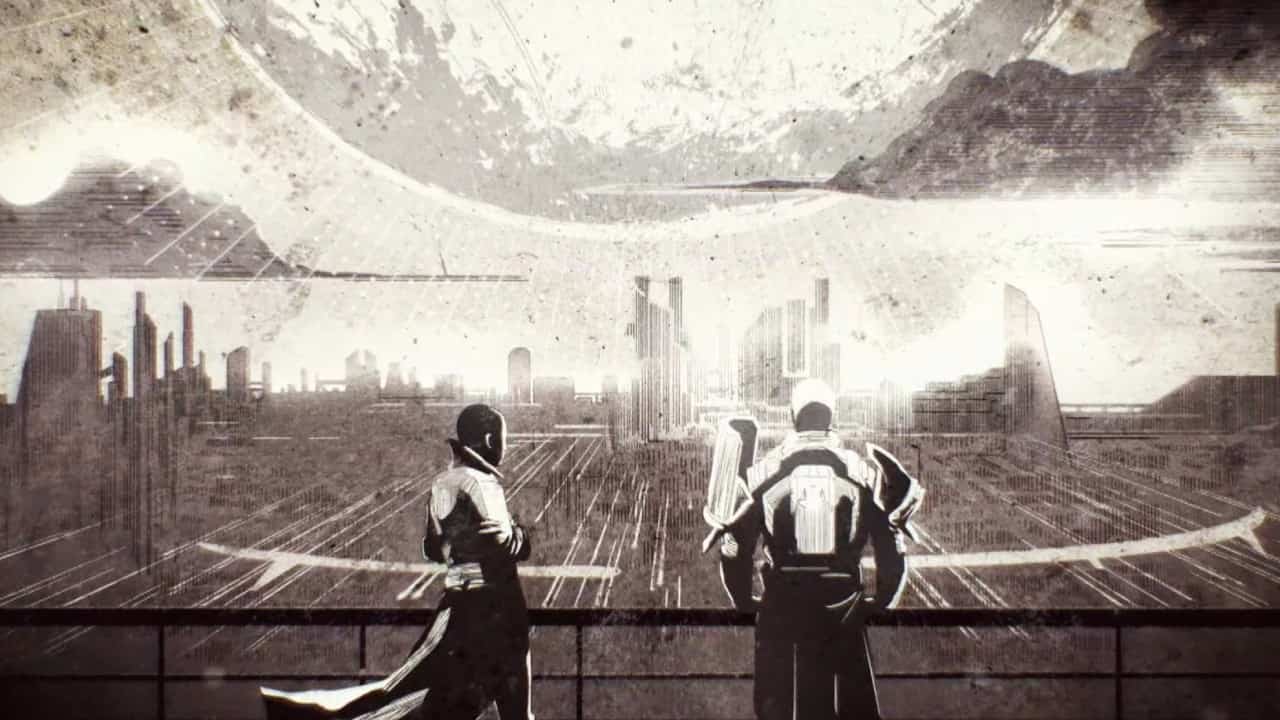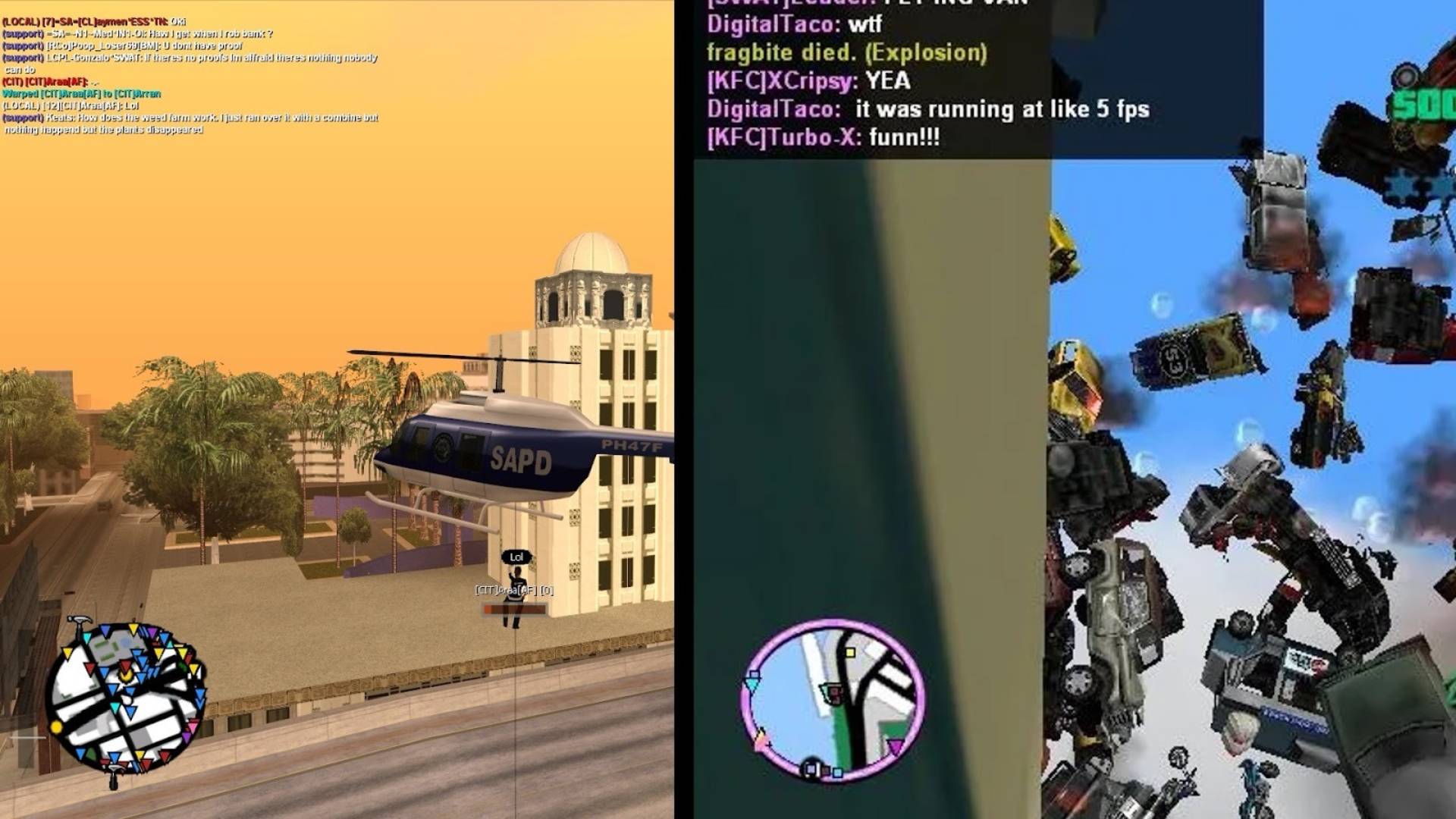You can trust VideoGamer. Our team of gaming experts spend hours testing and reviewing the latest games, to ensure you're reading the most comprehensive guide possible. Rest assured, all imagery and advice is unique and original. Check out how we test and review games here
Like the fate that befell perennial series cipher/bellend Desmond, Assassin’s Creed’s ageing mechanics have to die. For years the franchise’s poor AI, awful checkpointing, imprecise controls and unstealthy stealth have undermined a game rich in terms of both budget and ambition, but poor in terms of execution and understanding how to parlay its excellent hook into something truly great.
As with Ezio’s trilogy, the appeal – cutting (literally) through well-realised historical locations – is obvious in Black Flag. Ubisoft Montreal’s decision to abandon the grey-brown aesthetic of Part 3 and head to warmer, brighter climes is a good one. Even more so on PS4, with all the improved horsepower on offer. The lush greenery that litters the various islands (and, in the case of the new stalking zones, is integral to stealthy play) benefits from much-improved textures, combining well with the detailed, interesting stone-clad historical buildings to create an interesting balance between natural beauty and man-made designs.
The islands are also dense in terms of world geography and NPCs, and a solid framerate and Montreal’s use of space and linking elements (such as trees) render it possible to free-run most of the islands, making it a pleasure to explore.
Naval combat, too, is far more immersive on next-gen. Weather effects are superb, with rain in particular dropping into individual splashes and whipping around you, complicating an already dangerous business – especially as cannon barrel smoke will also rise to obscure your vision after firing a fierce volley. There’s a real feeling of being up against the elements, and although it’s no Battlefield 4, comparing the current and next-gen versions of the game shows just how improved it is on superior technology.
But improved graphical fidelity is only one area that needs improvement, and its probably the most obvious and easiest to implement. Black Flag’s problem is the core of the game is still the same as those that came before.
Fixing those problems seems easy. First on the chopping block must be the eavesdropping missions, where you have to stalk someone, remaining within a certain proximity to listen to them. They are unbelievably dull, made worse by spotty detection mechanics – sometimes you can be seen by a guard about three feet away and just hide in a bush; on other occasions you’ll be spotted from miles away with very little warning.
Checkpointing is also an issue, repopulating the world with enemies you’ve already dealt with before the game saved.The game also hates out-of-order execution: using your brain and outwitting the game’s linear mission processing generally ends in it doggedly refusing to continue until you do it a certain way.
Controls are still problematic, as well: run and jump are essentially on the same button, thwarting many a daring escape as you fruitlessly run up a building, rather than off to safety. Land combat has improved from 3, but despite all your options it’s still a case of hitting ‘counter’ then ‘kill’.
But there’s a deeper issue than just the base mechanics to consider, as poor as they can be. Stupid enemy intelligence is a small issue compared to the fact that the mission structure, and the narrative (and Ubisoft’s slavish devotion to both), are nothing more than a 12-hour long series of tutorials and fetch quests. Ubisoft’s development teams are obsessed with the Creed story, as if it’s anything more than the Continuing Adventures of Vaguely Interpreted Historical Nonsense. Black Flag’s meta-narrative, now shorn of Gary Neville Desmond, has you playing as… err… youself, as you explore, essentially, Ubisoft. (Abstergo now has an entertainment arm as cover, and you’re reliving of history is to package the past as a game. In the game. Good grief…)
As it stands, however, the mission loop is at odds with the narrative in a big way. An example: Edward Kenway is part of an enclave of pirates living as free men on the island of Nassau, away from pesky British dominion. Edward openly talks with Blackbeard and other secondary characters about how this republic could be threatened by the Redcoats, when they finally arrive.
Except, they’re already there. There are certain places you can’t go in Nassau, because they’re filled with guards, and to be caught trespassing is to be set upon like the last kebab house on earth after the great drinking apocalypse.
It makes no sense, but then these games rarely do – the fact Assassin’s Creed tells you how to kill people after you’ve spent hours murdering loads of people is testament to that. Fixing the mechanical problems would be a start, but Ubisoft – and gamers – may be best served in radically changing the game’s structure. Creed’s appeal already lays in its demented, OCD-inducing collection quests, in exploring and upgrading you and yours, whether that’s the Jackdaw or Monteriggioni. Ubi has a genius for incentivising collectibles, which is for the most part a result of its superb world building.
If Ubi can’t (or won’t) change the creaking engine underneath it all, then why not combine these two aforementioned aspects with the only thing in Creed that’s really pushing forward in any way, the multiplayer?
Due to our limited hands-on time with Black Flag’s competitive modes, we can’t yet ascertain just how good it really is, or flaws it may reveal after hours of play. But I can say that it’s the freshest thing about the game, filled with intrigue and dominated by cunning: the opposite of the Black Flag’s tired mechanics.
I’d love to see Ubisoft jettison the utter nonsense that it’s passing off as the game’s stories and replace it with large-scale multiplayer, predicated around stealing or assassinating your human enemies and contesting loot and territory. Mix it with single-player elements to retain the core narrative thread if needs be. But ‘Ass Creed’ needs to either gut its core and rebuild its whole approach to stealth and AI, or try something radical. Otherwise any sequel may well be the shiniest, dullest game going.
Assassin’s Creed 4: Black Flag
- Platform(s): PC, PlayStation 3, PlayStation 4, Wii U, Xbox 360, Xbox One
- Genre(s): Action

/https://oimg.videogamer.com/images/955a/assassins_creed_4_black_flag_65.jpg)






